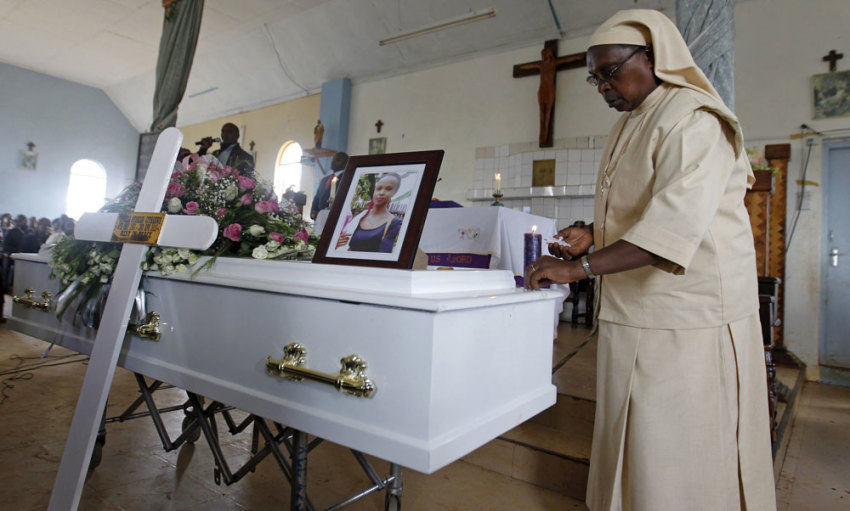'The Church in Kenya Is Under Attack,' Says Evangelical Leader Against Forced Registrations

A number of Christian denominations in Kenya, including Evangelicals and Catholics, have slammed new government forced registration rules for churches, though some Anglican leaders have said it is a good way to tackle the "commercialization" of religion.
BBC News reported that the government proposals will put in requirements for all religious bodies to register with the government, for pastors to undergo formal training at a 'reputable' seminary, and to obtain police clearance.
The Evangelical Alliance of Kenya has slammed the plans, however, arguing that they are aimed at stopping the growth of Evangelical churches. Over 82 percent of the Kenyan population is Christian, and close to half of those Christians are from Protestant churches, while roughly a fourth are Roman Catholic.
"The church in Kenya is under attack. Yes, it is under persecution," Bishop Mark Kariuki, the chairman of the Evangelical Alliance of Kenya, told Kenyan radio station Capital FM.
"Registration of churches was stopped since 2014. We believe this is meant to stop evangelism and growth of the church since other societies are being registered freely," Kariuki added to the Daily Nation newspaper.
Catholics have also opposed the new plans, with the Rt. Rev. Philip Anyolo, the chairman of the Kenya Conference of Catholic Bishops, calling them a "clear violation of the constitution" that is "explicitly clear on the freedom of worship."
"The new rules give the registrar sweeping powers, including the power to invade churches to conduct impromptu audit," Anyolo said in a letter signed by 25 senior Catholic clergy, according to The Tablet.
"The Catholic Church is a people of God. As such, the state cannot purport to audit the faith of the people of God."
The Supreme Council of Kenya Muslims is another religious body that has spoken out against the regulations, with the council's secretary-general Adan Wachu sharing in a statement for the Standard: "The regulations risk violating freedom of worship and amount to a clampdown on religious institutions. This will be against the constitution. The [attorney-general] should halt the implementation of the regulations," Wachu said.
Yet some leaders of the Anglican Church in Kenya have said that the government's plans are a good idea, claiming that the state of churches in the African country is not healthy.
"Horrible things are happening in the church today. There is a lot of commercialization of the Gospel with this prosperity gospel," said Bishop Beneah Salah of the Anglican Church of Kenya.
"Perhaps God is using the state to punish the church as he did in the past, where he used kings or nations to discipline the church," he added.
A source of tension between churches and the government have been comments by senior Evangelical leaders last year which suggested members of the ruling Jubilee party are corrupt, The Tablet added.
Attorney-General Githu Muigai is seeking to target self-proclaimed Christian prophets and faith healers whose influence is growing, BBC suggested, alongside Muslim preachers who promote extremist ideology.
Kenya's Christians have been looking to continue on the path of healing and recovery this year, with Garissa University College, the campus where close to 150 Christian students were slaughtered by Islamic radicals in a major attack last year, reopening earlier this month and welcoming back students.


























